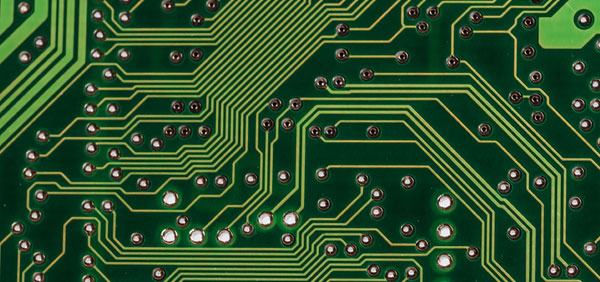The Various Surface Finishes You Can Obtain from a Cheap PCB Service
You designed a circuit and hired a cheap PCB service to fabricate a printed circuit board for your specific application needs. Being an electronic hobbyist or an engineer, you are aware of the fact that the copper finish on the board’s surface will eventually oxidize and diminish, if left unprotected and hence, it will be rendered unusable. Therefore, applying a surface finish is vital to protect the copper circuit board as well as provide a surface to solder the components.

Here are a few popular surface finishes that are utilized by a cheap PCB service.
· HASL
Hot air solder leveling or HASL is the most commonly used surface finishing applied to a PCB. The process involves immersing the PCB into a pot of molten lead/tin alloy and the extra solder is eliminated by blowing hot air across the circuit board’s surface.
The great thing about this type of surface finish is that it subjects the PCB to temperatures in excess of 265 degree Centigrade, which enables you to identify any delamination problems. This proves to be extremely useful before any expensive electronic components are soldered on the board.
· Immersion Tin
In this process, a displacement chemical reaction is executed directly on the base metal of the circuit board. The base metal is mostly copper; the tin from the reaction gets deposited over the copper, thus protecting it from oxidation over the circuit’s intended shelf life.
· OSP
Organic solderability preservative is an anti-tarnish material that is applied in a thin layer over the copper base of the PCB. It prevents the copper from reacting with the oxygen in the atmosphere, thus preventing oxidation.
OSP is a compound based in water that infuses with the atoms of copper and builds an ‘organometallic’ shield around it. This protects the copper before any soldering is attempted. Furthermore, this process is cost-effective and environmentally friendly as it contains no lead, no toxicity, and the energy consumption is fairly lower than other types of lead-free surface finishes.
· Electroless Nickel Immersion Gold (ENIG)
ENIG is a double layer metallic surface finish which consists of 2 to 8 micro inches of gold mixed with 120 to 240 micro inches of nickel. The nickel acts as a shield for copper and is the surface where the components are soldered to. During storage, the gold further protects the nickel and supplies a low resistance during contact which is necessary for the gold deposits. It is currently the most popular and widely used finish after the RoHs regulation.
· Hard Gold
It involves electroplating gold over a thin layer of nickel. The nickel is coated initially over the copper base of the PCB. It is very durable and is applied to keypads and connector fingers. However, it is slightly different from ENIG as the process allows a control over the amount of thickness during the plating cycle. The usual value is 30 micro inch of gold plated over 100 micro inch of nickel for the first and the second class.
For the third class, the value is 50 micro inch of gold plated over 100 micro inch of nickel. Nevertheless, it is not applied to the areas where soldering would take place due to the high cost involved and because gold has a poor solderability factor.
